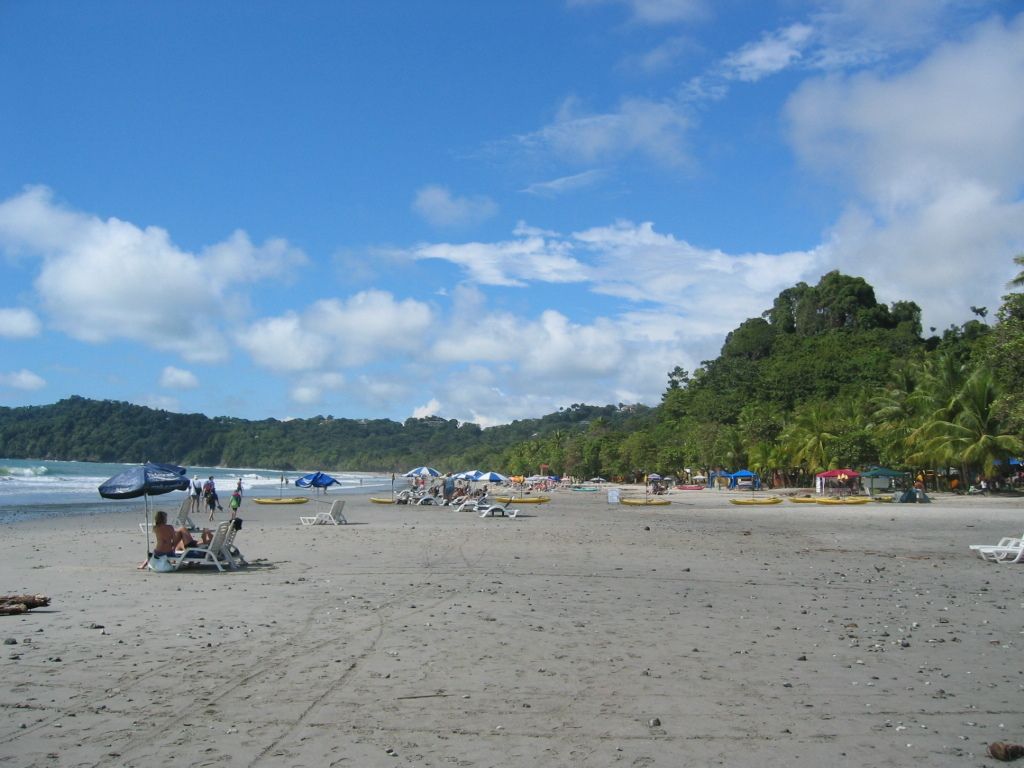"Lee promises unification as he assumes the presidency"
Sparking South Korea's Revival
ushering in a new era with a focus on national rebirth, economic vitality, and the restoration of democracy, Lee Jae-myung has assumed the presidency, vowing to revitalize the nation's economy and people's livelihoods, mend the damaged democratic system, and champion practical unity over worn-out partisan ideologies.
"I am here to put an end to the politics of division," Lee declared in his inauguration speech, addressing around 300 attendees including lawmakers from all political spectrums at the Rotunda Hall at the National Assembly. Decked out in a necktie that sported the blue and red colors of his own Democratic Party of Korea and its conservative rival, the People Power Party, Lee emphasized his commitment to being a president for all, embracing and serving every citizen.
With a government led by Lee Jae-myung, the Democratic Party aims to form a just, unified, and pragmatic administration. "Let's assign outdated ideologies to the annals of history," Lee proclaimed.
Economic rejuvenation takes top priority for the new administration, which Lee emphasized repeatedly throughout his inaugural address. Taking concrete steps to tackle the economic struggles, he promised to immediately establish an emergency economic review task force, pledging to confront the economic downturn head-on. This vow was later solidified in his first executive order on inauguration day, according to spokesperson Kang Yu-jung.
Lee engineers a government of pragmatic market principles. " It will be a government that supports and encourages, not one that controls and manages," he asserted. To accomplish this, the new administration plans to shift toward a regulatory framework that prohibits only explicitly listed activities—known as a negative-list approach—ensuring creative and proactive business activities.
The president's administration is vehemently opposed to actions that threaten the people's safety, violate workers' rights, or oppress the vulnerable. "But at the same time, I will never tolerate those who disrupt market order through unfair acts and trades," Lee warned.
Stepping onto the diplomatic stage, Lee expressed intentions to expand South Korea's economic horizons through diplomatic endeavors and international collaboration. Emphasizing the importance of a "pragmatic diplomacy centred on national interests," he intends to navigate the major transformation in the global economic and security landscape to maximize national interests. The Korea-US alliance remains the cornerstone of foreign policy, while South Korea's stance on relations with neighboring countries, such as China and Russia, will come from a perspective of national interest and pragmatism.
"It's time to rebuild security and peace, which have been reduced to tools of political strife; people's livelihoods and the economy, which have collapsed due to indifference, incompetence, and irresponsibility; and democracy, which has been shattered by armored vehicles and automatic rifles," Lee denounced in reference to the botched martial law decree of former President Yoon Suk Yeol. Offering assurances that such actions will not recur, Lee vowed to hold those responsible accountable and establish measures to prevent a recurrence.
The change of guard has symbolically begun on the first day of Lee's presidency. With his inauguration at 6:21 a.m., Lee commenced his term following a by-election necessitated by Yoon's removal from office, forgoing the usual two-month transition period. Lee held phone talks with the Joint Chiefs of Staff and paid his respects at the Seoul National Cemetery before taking charge of his new office, set to usher in a new era for South Korea.
- The Democratic Party, led by President Lee Jae-myung, aspires to form a just, unified, and pragmatic administration, moving away from outdated ideologies.
- Economic revitalization is a significant focus for the new administration led by Lee, with concrete steps being taken to tackle the economic downturn.
- The administration intends to create a government that supports and encourages businesses, adopting a negative-list approach to regulations.
- Lee's administration is committed to ensuring the safety of citizens, workers' rights, and the protection of the vulnerable, while also preventing disruptions to market order.
- International collaboration and diplomacy are key aspects of Lee's foreign policy, aiming to expand South Korea's economic horizons, with the Korea-US alliance remaining a cornerstone.






